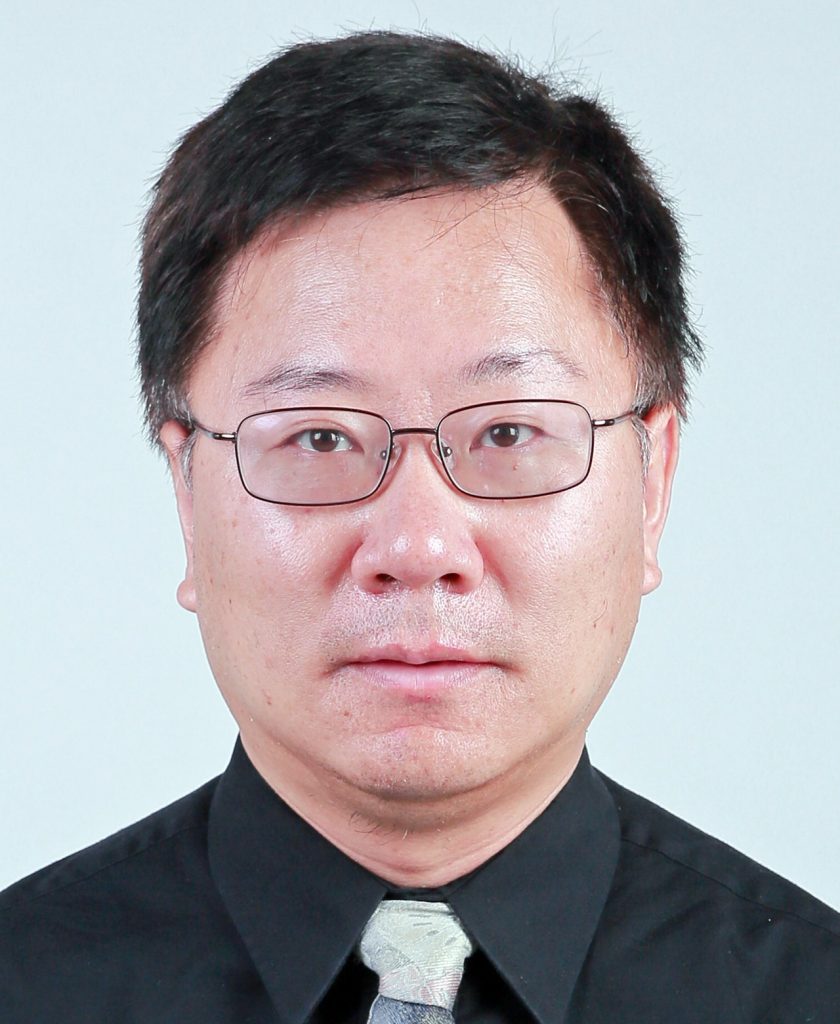Jian Luo
Professor
Department of NanoEngineering
Program of Materials Science and Engineering
University of California, San Diego
| Location: | UCSD SME 244G | |
| Email: | jluo@ucsd.edu | |
| Phone: | (858) 246-1203 | |
| Fax: | (858) 534-9553 | |
| Address: | 9500 Gilman Drive, Mail Code 0448, University of California, San Diego, La Jolla, CA 92093-0448 |
Profile
Jian Luo is a Professor of NanoEngineering and Materials Science and Engineering at the University California, San Diego (UCSD). After receiving his M.S. and Ph.D. degrees from M.I.T., Luo worked in the industry for more than two years with Lucent Technologies and OFS. In 2003, he joined the Clemson faculty, where he served as an Assistant/Associate/Full Professor of Materials Science and Engineering, before moving to UCSD in 2013. He received a National Science Foundation CAREER award in 2005 and an AFOSR Young Investigator award in 2007. He was elected a Vannevar Bush Faculty Fellow (2014-19) and a Fellow of the American Ceramic Society (ACerS, 2016). In 2019, he was selected as one of the TMS Brimacombe Medalists. Luo chaired the ACerS Basic Science Division for 2012-13 and the Gordon Research Conference on Solid State Studies in Ceramics in 2018.
Education
PhD, Massachusetts Institute of Technology, Cambridge, MA, 2001
Research
Luo group’s current research focuses on interfaces in metals and ceramics, high-entropy and compositionally-complex ceramics and alloys, novel ceramic processing, and materials for advanced energy applications and extreme environments. First, Luo’s group is investigating interfaces and their roles in controlling the processing and properties of a broad range of ceramic and metallic materials, including extensive work on advanced microscopy characterization of the grain boundary structures and their roles in sintering, embrittlement, and other properties. One original contribution is to compute grain boundary “phase” (complexion) diagrams via thermodynamic models, atomistic simulations, and machine learning. Second, Luo’s group was the first to fabricate a series of high-entropy ceramics (HECs), including (1) diborides (as a new class of ultra-high temperature ceramics), (2) monoborides (as a new class of superhard materials), (3) silicides, and (4) perovskite oxides, as well as (5) aluminides (the first single-phase high-entropy intermetallic compounds to bridge HECs and metallic high-entropy alloys). Luo’s group also made original contributions in exploring high-entropy (6) YSZ-like fluorite and (7) ordered pyrochlore oxides as potential thermal barrier coatings, and (8) they first investigated dual-phase HECs. Notably, Luo originally proposed to extend HECs to compositionally-complex ceramics (CCCs) to include non-equimolar and/or medium-entropy compositions, which can often outperform their equimolar, high-entropy counterparts. Third, Luo’s group is investigating the underlying mechanisms of ultrafast sintering (including flash sintering, rapid thermal annealing, and ultrafast high-temperature sintering, all of which can densify ceramics in seconds!) and the influences of electric fields on microstructural evolution. Luo’s group has invented several novel flash sintering methods, including (a) water-assisted flash sintering (WAFS) to “flash” a ZnO green specimen at room temperature to subsequently sinter it to ~98% density in 30 seconds and (b) two-step flash sintering (TSFS) to densify ZnO with suppressed grain growth in minutes. Several current research projects are focused on advanced materials for energy-related applications (including sodium- and lithium-ion batteries and solid ionic conductors) and for applications at high temperatures and in extreme environments (including materials for improving energy efficiency, concentrated solar plants, and potentially next-generation nuclear power plants).
